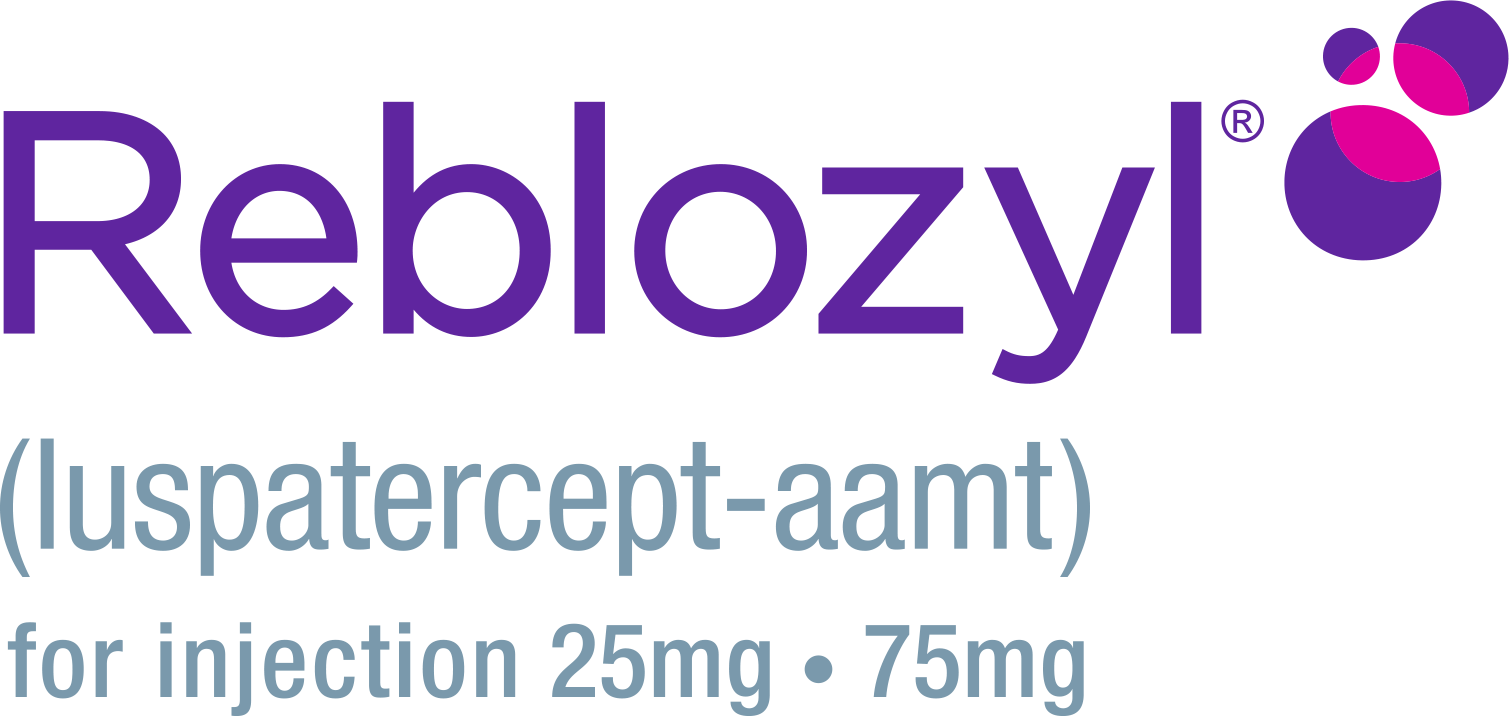
Meet Dave
After getting his initial diagnosis, Dave was worried that beginning first-line treatment for his MDS-related anemia would mean major changes to his lifestyle. However, since speaking with his doctor and deciding to start on REBLOZYL, he realized that he can get back to doing more of what he loves.

Individual results may vary.
Meet Teri
When Teri was diagnosed with MDS-related anemia, one of her biggest fears was feeling too drained to enjoy life. Since switching to REBLOZYL, she and her twin sister-turned-caregiver, Sheri, both say they feel more like themselves again.

Individual results may vary.

If you're being treated with REBLOZYL, we'd love to hear your story. Your story could help other patients and caregivers along their journey. ShareToInspire.com or call us toll-free at 1-855-436-5866.



